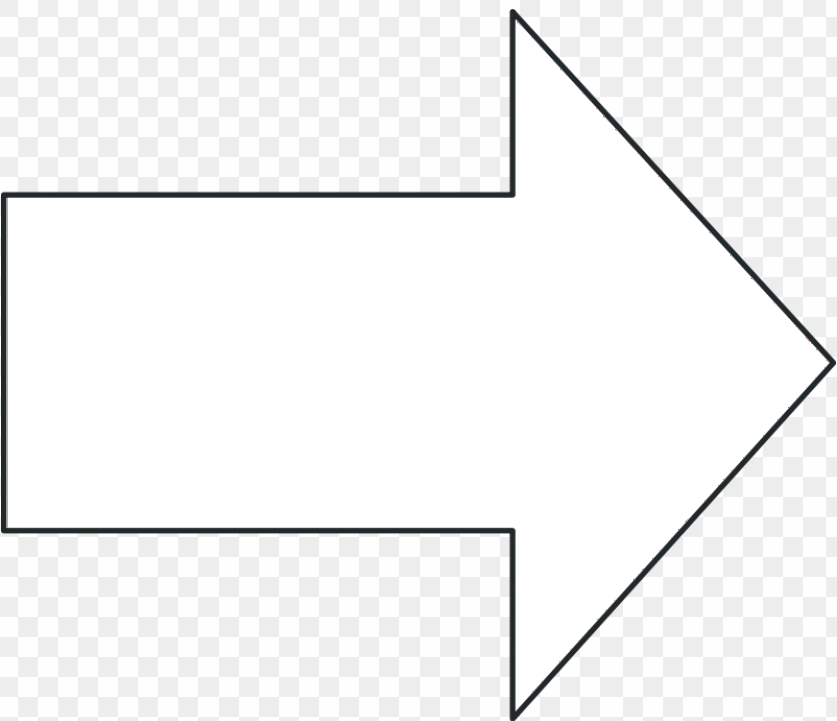According to the Centers for Disease Control and Prevention, eating foods that are high in sodium and low in potassium increases the risk for high blood pressure.1 Most Americans consume more salt than is needed for normal functioning and excess salt can, in many people who are salt sensitive, contribute to increases in blood pressure.2
Both reductions in sodium and increases in dietary potassium appear to improve blood pressure levels, especially among people who are overweight or obese.3 High amounts of sugar in the diet may also affect blood pressure. Too much sugar raises the risk of obesity and obesity raises blood pressure.4 Some cohort studies have suggested that added sugar, particularly in sugar-sweetened soft drinks, may have a direct effect on blood pressure, but more study is needed.5–7
Te Morenga et al. conducted a systematic review and meta-analysis of randomized controlled trials that measured the effects of dietary sugars on blood pressure and lipids.5 In their analysis of 12 trials (n=324) examining sugar’s effect on blood pressure, there was no significant effect of high sugar intake on systolic blood pressure overall. However, in three trials of longer than eight weeks’ duration, higher versus lower sugar intake resulted in a mean difference of 6.9 mm Hg (95% confidence interval [CI] 3.4 – 10.3 mm Hg; p<0.001) in systolic pressure and 5.6 mm Hg (95% CI: 2.5 – 8.8 mm Hg; p=0.0005) in diastolic pressure. Individuals on the higher-sugar interventions lost less weight or gained weight when compared to individuals on the lower-sugar interventions, which may have had a confounding effect on the blood pressure.
Jayalath et al conducted a systematic review and meta-analysis of six prospective cohort studies (n=240,508) that examined the relationship between consumption of fructose-containing sugar-sweetened beverages (SSB) and the development of hypertension.6 Individuals with high intake of SSB (one or more SSB per day) had a 12% increased risk of developing hypertension (risk ratio: 1.12; 95% CI 1.06 – 1.17) compared to individuals with lower intake of SSBs. While suggestive, it is not possible in a cohort study of this nature to conclude that the consumption of SSBs is the cause of the increased hypertension risk. The authors called for high-quality randomized controlled trials to confirm their preliminary hypotheses.
The US Dietary Guidelines recommends no more than 2,300 milligrams (mg) of sodium per day.8 The 2017 American College of Cardiology/American Heart Association (ACC/AHA) hypertension guidelines recommend reducing sodium in the diet to lower high blood pressure.9 Adults with high blood pressure should ultimately aim for less than 1,500 mg/day of sodium in their diet but at a minimum should reduce their intake by at least 1,000 mg/day.
The US Dietary Guidelines also recommend that less than 10% of calories come from added sugars.8 2014 World Health Organization guidelines recommend people eat 25 grams of sugar per day or less.10 Sugar and sodium content can be found on nutrition labeling on packaged foods. Foods high in sodium include pizza, deli meat, and canned soups. Foods high in sugar include sweetened baked goods and soda. Foods that are good sources of potassium include potatoes, prune juice, green leafy vegetables, and bananas.8
References
- Centers for Disease Control and Prevention (CDC). High blood pressure fact sheet. https://www.cdc.gov/dhdsp/data_statistics/fact_sheets/fs_bloodpressure.htm. Accessed Nov 13, 2018
- Food and Drug Administration: Lowering salt in your diet. https://www.fda.gov/ForConsumers/ConsumerUpdates/ucm181577.htm Accessed Nov 13, 2018
- Aaron KJ, Sanders PW. Role of dietary salt and potassium intake in cardiovascular health and disease: A review of the evidence. Mayo Clin Proc 2013; 88 (9): 987-995.
- He FJ, MacGregor GA. Salt and sugar: their effects on blood pressure. Pflugers Arch Eur J Physiol 2015; 467 (3): 577-586.
- Te Morenga LA, Howatson AJ, Jones RM, Mann J. Dietary sugars and cardiometabolic risk: systematic review and meta-analyses of randomized controlled trials of the effects on blood pressure and lipids. Am J Clin Nutr 2014; 100 (1): 65-79.
- Jayalath VH, de Souza RJ, Ha V, et al. Sugar-sweetened beverage consumption and incident hypertension: a systematic review and meta-analysis of prospective cohorts. Am J Clin Nutr 2015; 102 (4): 914-921.
- Kim Y, Je Y. Prospective association of sugar-sweetened and artificially sweetened beverage intake with risk of hypertension. Arch Cardiovasc Dis 2016; 109 (4): 242-253.
- US Dietary Guidelines: US Department of Health and Human Services and US Department of Agriculture 2015-2020 Dietary Guidelines for Americans. https://health.gov/dietaryguidelines/2015/resources/2015_Dietary_Guidelines.pdf. Accessed Nov 13, 2018
- Whelton PK, Carey RM, Aronow WS, et al. 2017 ACC/AHA/AAPA/ABC/ACPM/AGS/APhA/ASH/ASPC/NMA/PCNA Guideline for the Prevention, Detection, Evaluation, and Management of High Blood Pressure in Adults. A report of the American College of Cardiology/American Heart Association Task Force on Clinical Guidelines. Hypertension 2017; 71 (19): e127-e248.
- World Health Organization: Healthy diet fact sheet. http://www.who.int/en/news-room/fact-sheets/detail/healthy-diet. Accessed Nov 13, 2018


